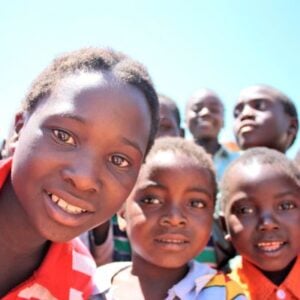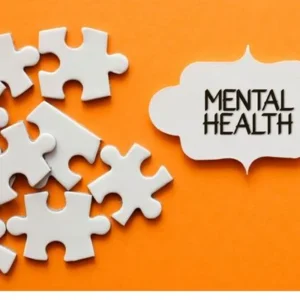Cameroon is undertaking a major reform of its emergency medical services (EMS) system, representing a significant step forward in the country’s public health landscape. The initiative is being led by the Ministry of Public Health with the support of the World Health Organization (WHO) and the Korean International Cooperation Agency (KOICA). A comprehensive evaluation of the nation’s emergency care system was conducted between September and October 2024 using the WHO Emergency and Critical Care System Assessment (ECCSA) tool. This assessment, validated in April 2025, examined critical components such as governance, financing, onsite care, hospital-based services, and emergency preparedness.
The evaluation involved over 170 stakeholders from all ten regions of Cameroon, making it a truly inclusive process. This participatory approach ensured that local perspectives were considered when identifying gaps and developing solutions. A team of experts also translated the final report into English to promote wider access and ownership of the findings.
The ECCSA evaluation revealed several serious weaknesses in Cameroon’s emergency care system. These include the lack of a national strategic plan and legal framework for emergency services, an acute shortage of trained emergency medical personnel and ambulance drivers, and inadequate prehospital care coverage—currently at just 25%. Less than 25% of hospitals meet basic standards for functional emergency units, underscoring severe infrastructure shortfalls.
Other critical challenges include the lack of standardized patient records, fragmented and legally unsupported emergency call systems, and limited access to emergency blood transfusions. The report also highlighted the absence of a national strategy for rehabilitation services, which are vital for patient recovery after emergency situations.
To address these issues, the Ministry of Public Health has adopted a strategic roadmap based on 15 priorities grouped under five thematic areas. Central to these reforms is the development of a national strategic plan to improve emergency care organization. Establishing a legal framework that covers all levels of care—from community to rehabilitation—is also a key goal.
The government plans to introduce a dedicated emergency response fund to ensure sustainable financing. Other initiatives include creating a guide for managing emergency care data, implementing nationwide training programs for healthcare workers, and enhancing transport logistics and ambulance availability.
Efforts will also focus on strengthening supply chains for emergency medical supplies and setting national standards for care across all health facilities. These steps aim to ensure that timely and effective emergency care is available to all Cameroonians.
As Cameroon moves forward with this ambitious EMS reform, collaboration among government, health professionals, and development partners will be essential. Successful implementation of the strategic priorities will help build a resilient emergency care system and improve health outcomes across the country.






